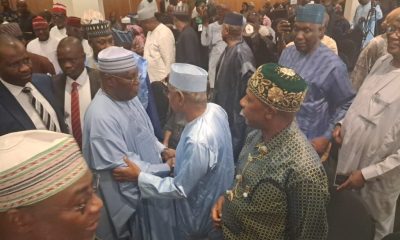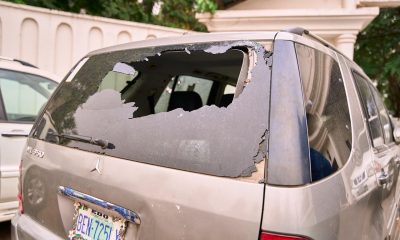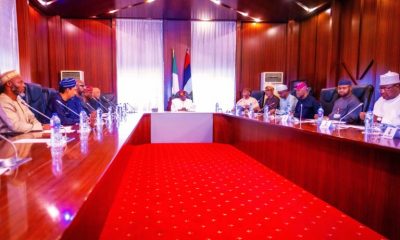Investigation has revealed that Nigeria is in dire need of N2.391 trillion to deploy more base transceiver stations (BTSs) if the current issues of access and connectivity gap must be addressed in the country.
Despite playing host to over $70 billion investment, latest disclosure by the Executive Vice Chairman (EVC) of the Nigerian Communications Commission (NCC) Umaru Danbatta, put the total number of base stations so far deployed in the country at 39,000.
This leaves the country’s telecoms sector in dare need of additional 41,000 BTSs for its dream of bridging connectivity and access gaps to come to fruition.
Further findings form industry experts revealed that on the average, to build BTS that will provide fourth generation long term evolution (4G LTE) in new build Greenfield site can cost USD$190,000 before it is fully commissioned and ready for service or go online.
Although, experts noted that a BTS imported into the country can cost in the region of USD$75,000 for a basic configuration and when the cost of erecting a tower to house the antennas and other items is included, the total cost can be USD$175,000.
Using a typical 4G transceiver station which cost $190,000 or N58.311 million against the Central Bank of Nigeria’s (CBN’s) conservative exchange rate of N306.9 to a dollar, amount required to provide the missing 41,000 BTSs in Nigeria stands at N2.39 trillion.
The NCC recently restated to the National Assembly its commitment to increase the infrastructure from the current 39,000 to the needed 80,000 BTSs in order to bridge access gap and substantially address connectivity issues in the country.
According to the operators under the aegis of the Association of Telecommunications Companies of Nigeria (ATCON), this number of towers can be met if the FGN can ensure that critical national infrastructure (CNI) is designated to cover ICT infrastructure in general and telecoms specifically.
Olusola Teniola . ATCON president, told our correspondent that “towers and the BTSs that they house along with the antennas, batteries, inverters, optic fiber, solar panels and/or generators will need to be protected from destruction and theft for further investments to be made by our members.”
In addition to this, operators charge the government to ensure the timely clearing of telecoms equipment imported into the country.
They urged the government to ensure that the foreign exchange (FOREX) required to import the equipment is readily made available to telecoms operators that all necessary permits are rendered to ensure quick passage through customs.
“Unless there is a conducive environment that allows for the security and safety of BTSs and other related items, it is very difficult to see how our members will be encouraged to invest in deploying more additional 40,000 BTSs required to fill the gap,” operators insist.
On the maintenance of the BTSs currently serving about 179 million active telephone subscribers and 123 million internet users in Nigeria, Teniola said the number of BTSs currently housed on tower infrastructure of circa 35,100, which give a ratio of 1.12 BTSs to every tower.
In reality, he said, there are a significant number of towers that are not housing any BTSs.
“With approximately all BTSs inactive and not decommissioned then, the number of towers in need of engineering attention is in the order of 2,500-3,000 towers which represents just under 8 per cent in the industry,” he said.
There seems to be no other way to quickly connect the population and regions that are at the receiving end of digital divide in the country.
According to experts, until the country can have a well developed fix-line network in place which includes both inter and intra-city backbone, and metro fiber alongside fiber-to-the-home/building, the main means of providing internet services remains via wireless technology.
According to them, this will continue to depend on tower installations across the country to facilitate the housing of BTSs and antennas to reach the 80,000 target because of a prevailing lack of high rise buildings Nigeria.

 Latest1 week ago
Latest1 week ago
 Health1 week ago
Health1 week ago
 Football1 week ago
Football1 week ago
 News1 week ago
News1 week ago
 News1 week ago
News1 week ago
 Latest7 days ago
Latest7 days ago
 Latest7 days ago
Latest7 days ago
 Crime1 week ago
Crime1 week ago







